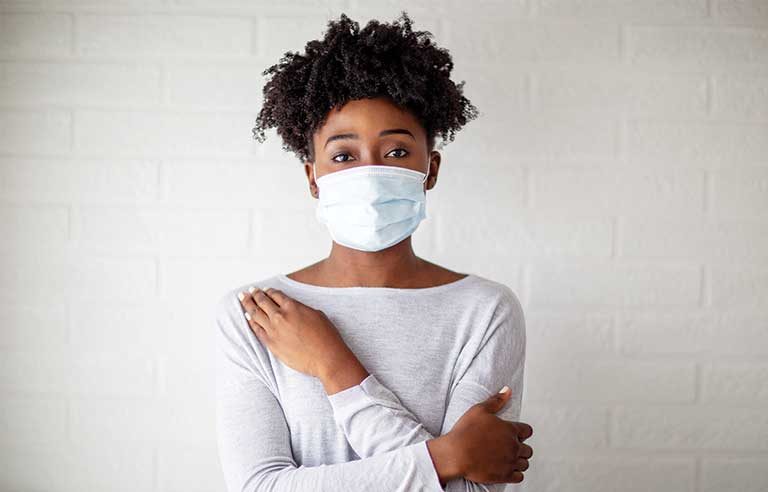Help keep COVID-19 at bay: 13 healthy habits and behaviors

Muncie, IN — Making personal hygiene and cleanliness a priority are among the 13 healthy behaviors and habits one Ball State University professor says can help lower your risk of contracting and spreading COVID-19 – and help you stay healthy in the future.
Jagdish Khubchandani, a health sciences professor, based his research on mechanisms of transmission and characteristics of SARS-CoV-2 – the coronavirus that causes COVID-19. His recommendations:
- Shower regularly, because COVID-19 can live on surfaces for days.
- Keep your clothes clean. Don’t wear the same clothes for several days, and do laundry frequently.
- Don’t bite your fingernails or rub your eyes. If you’ve got young kids, discourage them from thumb-sucking.
- Try not to scratch your face, head or body.
- Wash all fresh fruits and vegetables before eating them.
- Don’t litter – either inside or outside your home. You don’t want to raise the risk of illness for family members, waste management workers or trash pickers.
- Remove all leftovers, trash, masks and gloves from your car and dispose of them.
- Maintain good hygiene while growing out hair, beards or nails, or using hair and face accessories.
- Cover your face when coughing or sneezing to avoid spreading germs.
- Wash your hands after using restrooms, being in public places such as gas stations and grocery stores, or using elevators.
- Clean your cellphone and computer devices, along with desk spaces.
- Don’t rely on carryout or restaurant deliveries as your only source of meals. Try to add more healthy foods to your diet.
- Don’t reuse masks, gloves or personal care devices without cleaning them.
“During and after the pandemic crisis, we need greater awareness, collective action and common civic behaviors driven by scientific evidence on transmission of emerging infectious disease agents such as coronaviruses,” Khubchandani said in an April 28 press release. “We must not hesitate from educating or questioning family members, colleagues and the general public on behaviors that pose danger.”
Post a comment to this article
Safety+Health welcomes comments that promote respectful dialogue. Please stay on topic. Comments that contain personal attacks, profanity or abusive language – or those aggressively promoting products or services – will be removed. We reserve the right to determine which comments violate our comment policy. (Anonymous comments are welcome; merely skip the “name” field in the comment box. An email address is required but will not be included with your comment.)
